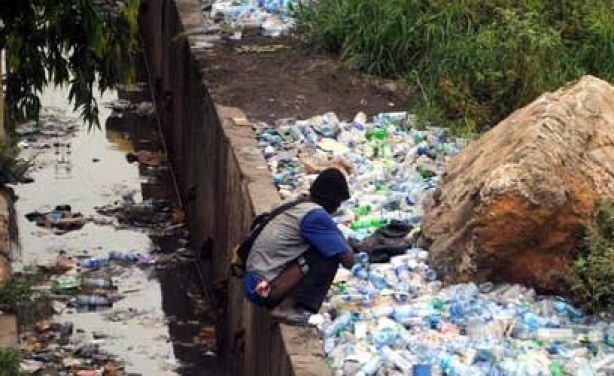The Volta Region continues to hang lowest on the national open defecation free league table.
Only 470 out of 4,500 communities registered under the Community-Led Total Sanitation (CLTS) in the region have attained Open Defecation Free (ODF) status since 2012, representing 10 per cent.
Five districts, namely Central Tongu, North Tongu, South Tongu, Krachi Nchumuru and Krachi West, are yet to have a single ODF community.
Mr. Joshua Ofosuhene, Volta Regional UNICEF WASH Consultant, addressing a results-based financing (RBF) advocacy meeting with municipal and district chief executives in the region, said “Volta had only improved on a backlog of targets, despite the sustained efforts of stakeholders.”
He asserted that the fight required commitment and called for more collaboration among local government authorities and traditional leaders.
The consultant said indiscipline was the root cause and therefore charged local assemblies and traditional authorities to enact and enforce strict by-laws to combat the menace and prosecute without fear or favour.
He also called for extensive media advocacy, saying “let’s prepare the system to sensitise people”. Also, he called for an effective taskforce to check people.
Mr. Ofosuhene said government must hold on to the CLTS approach. According to him, it is a national policy that must be sustained and must therefore provide the necessary support including funding and logistics.
A total of 13 districts in the region, namely Jasikan, Kadjebi, Afadzato South, Hohoe, Adaklu, Ho West, Nkwanta South and North Dayi, have been shortlisted for the RBF funded by UNICEF.
The rest are Keta, Krachi East, Ketu North, Akatsi South and Krachi West.
Mr. David Duncan, UNICEF Chief of WASH, said the trouble was with leadership; he also called on both central and local government to invest more in the ODF drive.
Mr. Richard Ahiagbede, Regional Environment Health Officer, called on stakeholders to re-strategise towards the success of the anti-OD campaign and facilitate community engagements.
GNA


